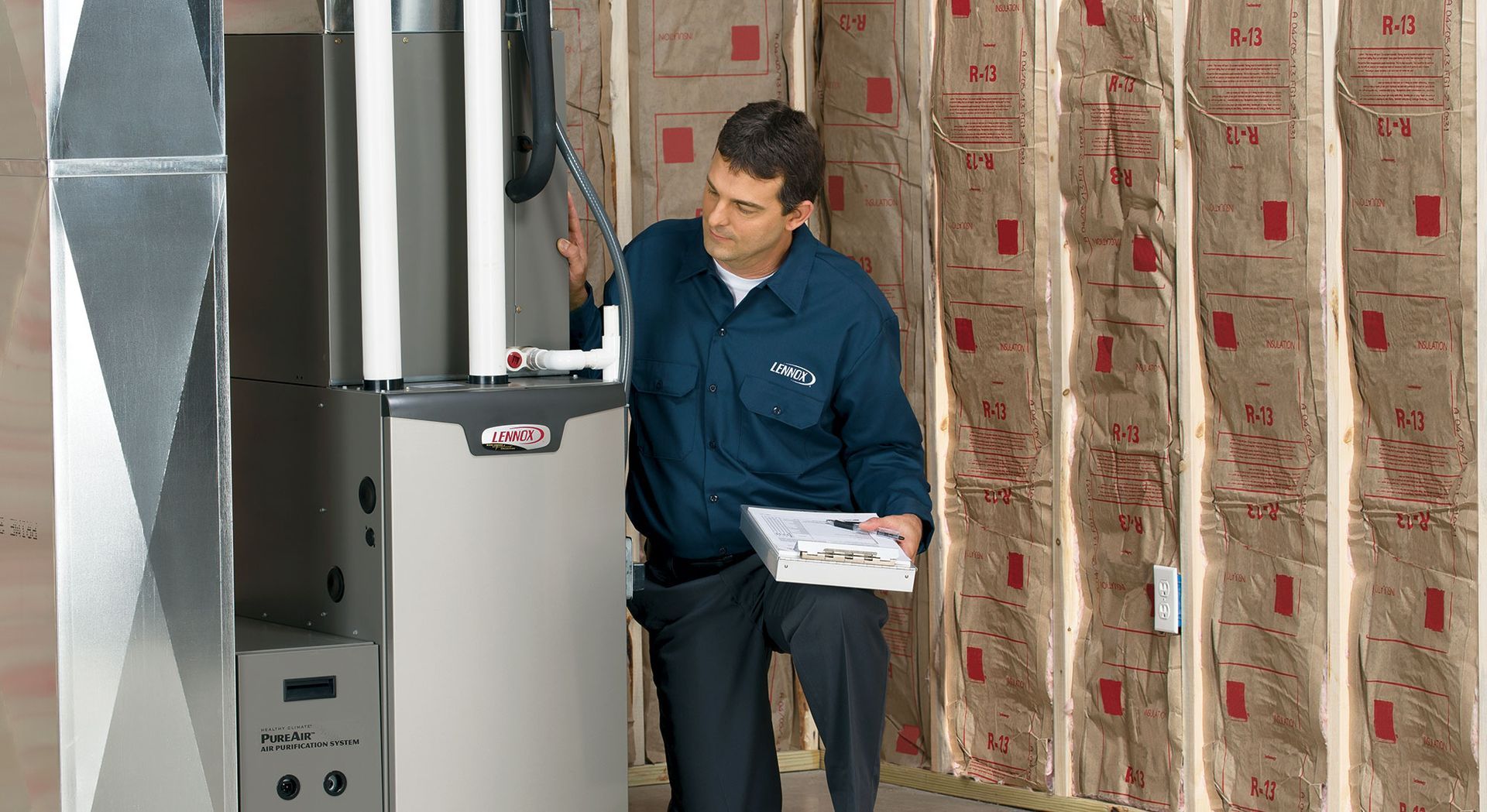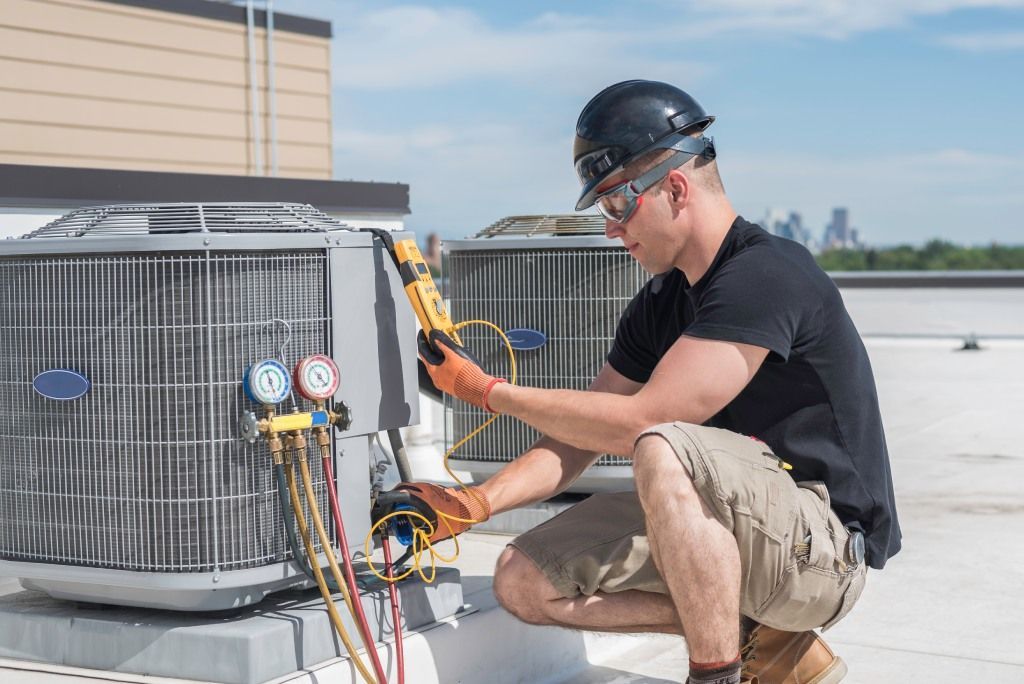Maxwell Heating & Cooling–Expert Air Conditioner Repairs
Here in Carrollton, we want all our clients to know the telltale signs that indicate their air conditioner needs to be repaired. Want to be armed with this information ahead of time? The answer it yes; it can go a long way to help you to prevent significant and also costly repairs later on down the road. Your friends at Maxwell Heating & Cooling know that it’s best to identify, diagnose and also fix small issues before they turn into large, costly repairs.
To help you understand when it’s time to call us; we’ve put together a list of 9 common warning signs that indicate you need to schedule AC repairs.
9 Signs Your Air Conditioner Needs Repairs
- Strange Sounds–Your air conditioner should never make strange or weird sounds. These include grinding, banging, or knocking sounds. If you turn the AC on and it sounds odd, give us a call right away.
- Strange Smells -You also shouldn’t notice any odd smells coming from your air vents. These include burning, moldy, or overly dusty smells. If your AC ducts smell funny, schedule a service call with one of our techs.
- Poor Air Flow – Is your air conditioner is on, but very little air is coming out of your vents? Book a repair appointment with us.
- No Cool Air –If you turn the AC on and are getting nothing but warm air coming out of your vents, give us a call.
- High Humidity –If your air conditioner can’t handle humidity like it used to, it probably needs to be repaired.
- Varying Temperatures –If you lack consistent temperatures throughout your home, your system probably needs repairs.
- Frequent Cycling–If your AC kicks on and off repeatedly, one of our technicians should take a look at it.
- Thermostat Discrepancies–If your thermostat reads 72 degrees, but it feels more like 82, we need to take a close look at your thermostat.
- HVAC Leaks –If you ever see water or evidence of leaks in and around your system, call us right away.
Contact Maxwell Heating & Cooling Today
No matter what kind of AC system you have or the type of repairs you need, we’re up to the task. Call us today to schedule your AC repairs.
The post Does Your Air Conditioner Need to be Repaired appeared first on Maxwell Heating & Cooling.




